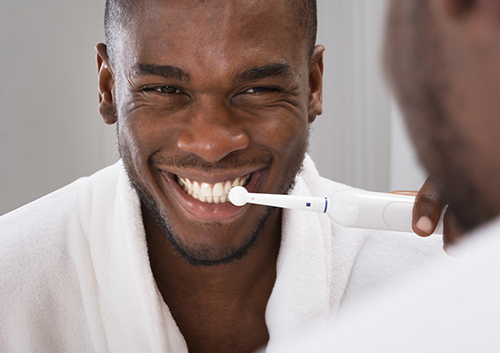Happy Holidays!
December 9th, 2024

“Thank you thank you thank you thank you thank you for taking care of my girls!! you're seriously the best!!!!”
All of us at BauerHite Orthodontic Specialists are more than excited for the holiday season. One of the best parts of being in the office during this time is all the decorating! We love decorating our office for Christmas. Our tree is standing tall with silver and white ornaments. We always want to remember the reason for this Christmas is the birth of our Christ Jesus.
This time of year also serves as a reminder to spend time with loved ones. Dr. Beth, cherishes this season by traveling with her family during the Christmas break. They have done everything from skiing to hiking to going to the beach. Family bonding time is the best. We also spend time together as a team by coming up with fun, silly ideas for the office Christmas Card. Keep an eye on your mailbox for this year’s card!
For those who are spending time with family from out of town, we recommend exploring the local culinary scene. Edwardsville is quickly becoming a foodie haven, offering a plethora of great local restaurants and hangouts to visit.
But don’t forget! It's best to avoid chewy and gooey delights like caramel and taffy, as well as treats containing nuts, especially for our patients with braces. If you’re like us and love to indulge in your holiday cookies, don’t forget to brush after consuming!
If a dental emergency arises during the holidays, simply call our regular office phone number, and you'll be directed to our after-hours emergency line. We are always available to help you even when our office is closed. And speaking of which, our office will be closed from December 23 to January 6, allowing our team to enjoy the holidays with their families.
Lastly, we're excited to offer a special holiday promotion: $500 off treatment for anyone who starts before the end of the year. It's a great opportunity to begin your journey to a healthier smile.
We love the relationships we have built with our patients and their families over the last year and wish all of them a very Merry Christmas and wonderful New Year.






 Website Powered by Sesame 24-7™
Website Powered by Sesame 24-7™